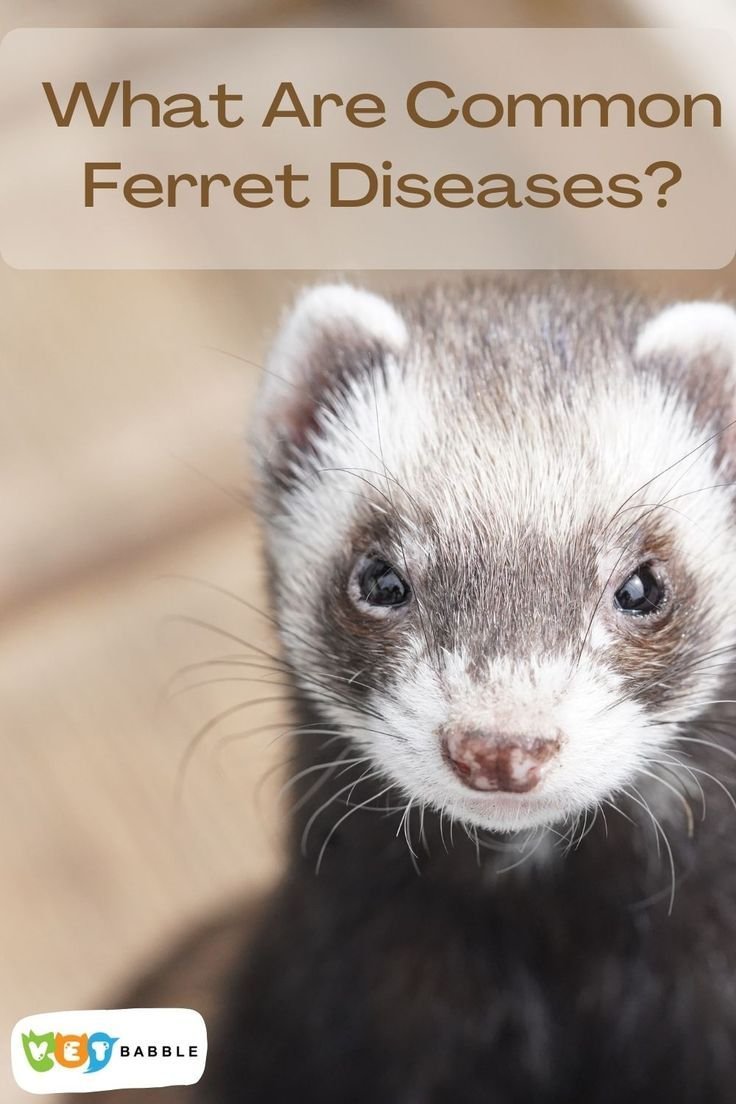
Imagine your ferret as a small athlete; not only do they need the right training (like good nutrition and exercise), but they also require regular check-ups and attention to their unique quirks. We’ll dive into the common health issues that can affect blaze ferrets and how to keep them on the path to optimal health. From diet to environment and everything in between, I’m here to guide you through this furry journey.
Understanding the Blaze Ferret’s Unique Needs
Blaze ferrets are an adorable variety of domestic ferret known for their striking color patterns. However, their charm doesn’t mean they’re immune to health problems. These little critters have specific dietary and environmental needs that you should be aware of. Blaze ferrets need a balanced diet rich in protein and healthy fats. You might be wondering, “What’s the best way to achieve that?” Well, providing high-quality ferret kibble coupled with occasional fresh meat is a great start.
It’s also crucial to create a safe, enriching environment for your ferret. They’re naturally curious and need space to explore. Think of their habitat as a mini-playground: it should be stimulating yet safe. Frequent changes to their setup can help keep their curious minds engaged. Just like us, ferrets can experience boredom, which can lead to stress and related health issues.
Common Health Issues in Blaze Ferrets
Just like any pet, blaze ferrets can face specific health challenges. Let’s break down some of the most common health issues you might encounter:
Insulinoma
Insulinoma is a rather common issue among ferrets, especially those over three years old. This condition is a tumor on the pancreas that produces too much insulin, leading to low blood sugar levels. Here’s the thing: if your ferret shows signs of lethargy, weakness, or unusual behavior, it’s vital to consult your vet. Early detection can significantly improve outcomes.
To help prevent insulinoma, you can keep your ferret on a consistent feeding schedule. Regular meals can help stabilize their blood sugar levels. A diet high in protein with limited sugars is essential; consider incorporating ferret-safe treats to keep them healthy.
Dental Issues
Dental health is often overlooked but can lead to serious problems if not managed. Ferrets can develop plaque and tartar buildup just like us, which may result in gingivitis or tooth decay. You might be surprised to learn that poor dental health can also affect their overall well-being.
To prevent dental issues, you can provide your ferret with raw meats or dental chews designed for ferrets. Regularly checking their teeth and gums can help catch any issues early. Plus, consider scheduling dental cleanings with your vet to keep their smiles healthy!
Preventing Health Issues through Proper Care
You might be asking, “What can I do to keep my blaze ferret healthy?” Here are some proactive steps:
Nutrition Matters
As mentioned, a proper diet is crucial. Blaze ferrets thrive on high-protein, low-sugar kibble. When choosing food, look for high-quality brands that list meat as the first ingredient. You can also supplement their diet with raw or cooked lean meats, as well as limited fruits and veggies. Just remember, moderation is key!
Regular Vet Check-ups
It’s important not to overlook the role of routine vet visits. Just like we need our annual check-ups, ferrets should see a vet at least once a year for a health assessment. These visits can help you stay ahead of potential issues and ensure your ferret is up-to-date on vaccinations.
Enriching Their Environment
Boredom can lead to stress and health problems in ferrets. Spend time each day playing with your ferret, and provide toys that encourage them to explore and solve problems. Tunnels, climbing structures, and interactive toys can turn their living space into a fun adventurous zone!
Signs Your Ferret Needs Medical Attention
Recognizing when something’s off with your blaze ferret can sometimes be tricky. Here are a few signs that indicate your ferret might need a trip to the vet:
- Loss of Appetite: If your ferret suddenly stops eating, it may indicate an underlying issue.
- Change in Behavior: Lethargy or unusual aggression can suggest health problems.
- Gastrointestinal Issues: Diarrhea or vomiting should never be overlooked.
- Weight Loss: If your ferret is losing weight rapidly, consult your vet immediately.
Remember, when it comes to your furry friend, it’s always better to be safe than sorry. Trust your instincts and don’t hesitate to seek veterinary care if you notice anything concerning.
Creating a Safe Living Space
The importance of a safe and stimulating environment for blaze ferrets can’t be overstated. Here are some tips for creating a safe haven for your furry pal:
Ferret-Proofing
Start by ferret-proofing your home. This means hiding wires, securing cabinets, and removing any small items they could swallow. Think of it as child-proofing, but for a curious little explorer!
Providing Space to Roam
Blaze ferrets benefit from having dedicated space to play. A large, secure cage is essential, but they also need supervised time outside of it. Set up a safe play area where they can stretch their legs and explore without the risk of injury.
Keeping Them Engaged
Boredom can lead to destructive behavior. Rotating their toys and introducing new items can keep their interest piqued. You might consider DIY projects for toys or puzzles that challenge their minds.
Wrapping It Up
Caring for a blaze ferret can be a rewarding experience filled with joy and companionship. By being aware of common health issues and taking proactive steps to prevent them, you can ensure your little friend stays healthy and playful for years to come. Remember, regular check-ups, a balanced diet, and a stimulating environment are your best defenses against potential problems.
So, whether your ferret is sprinting across the room or snuggling in your lap, knowing how to keep them healthy is the key to a happy, long life together. Keep your ferret’s needs in mind, and you’ll both be rewarded with countless delightful moments. Happy ferret parenting!

